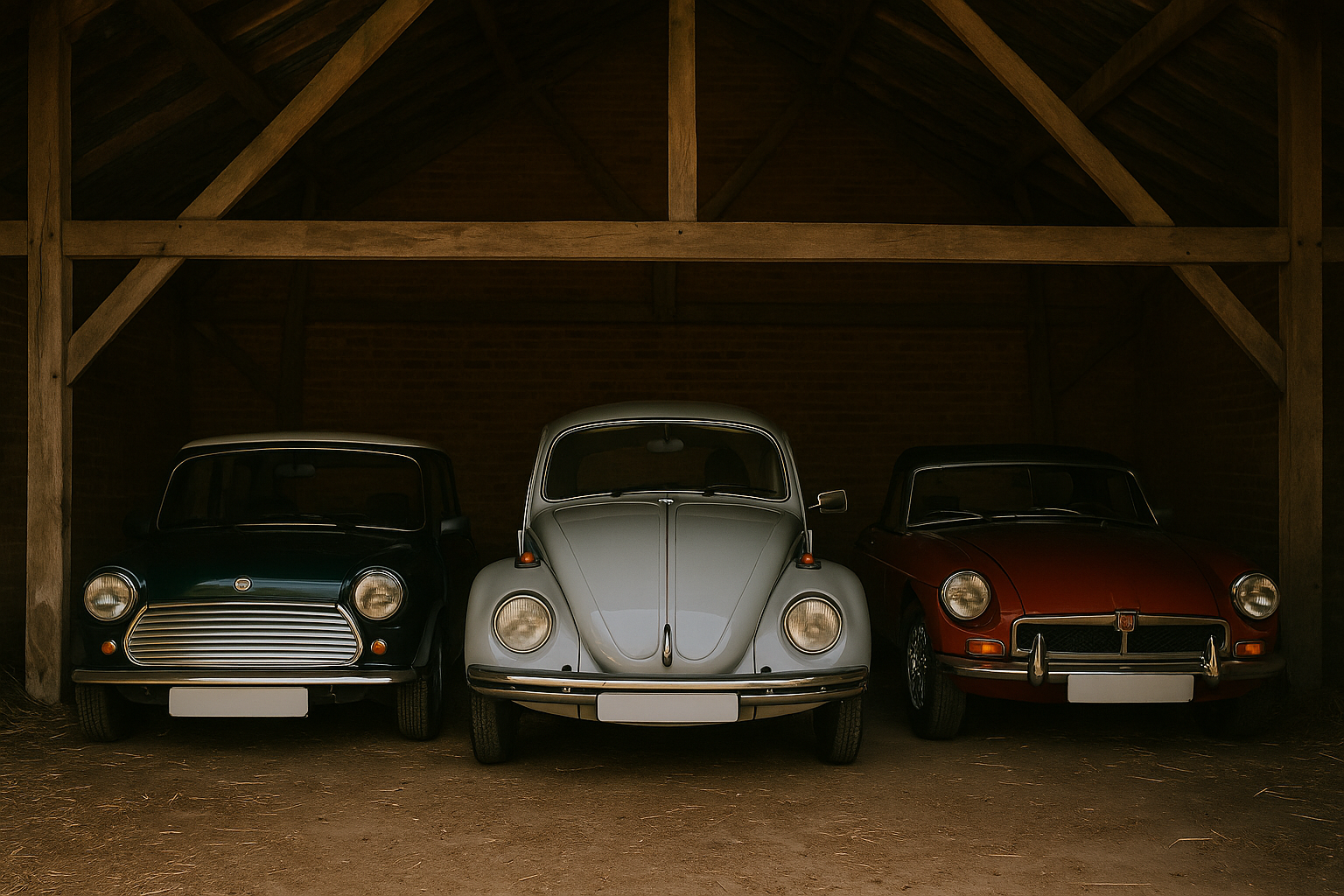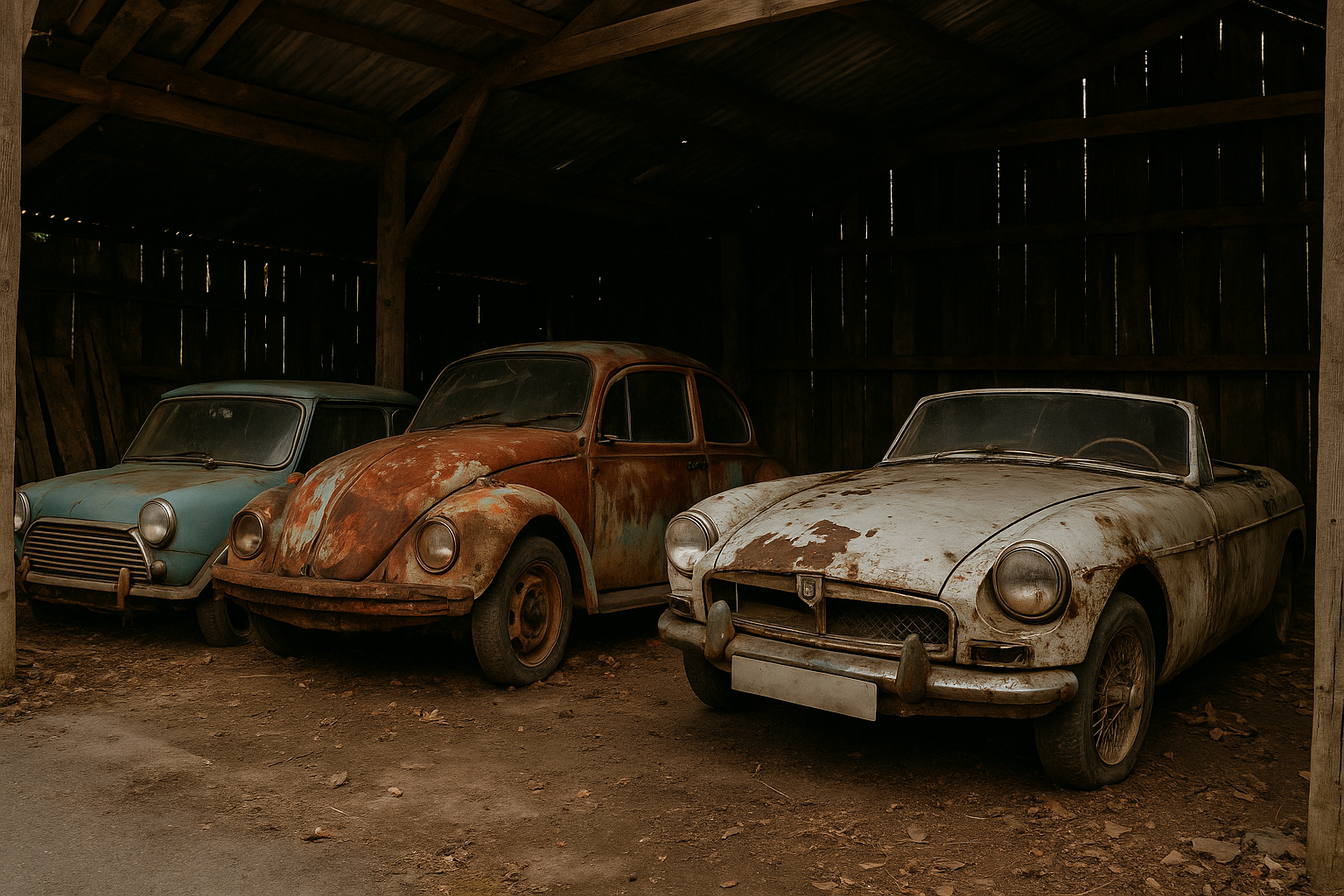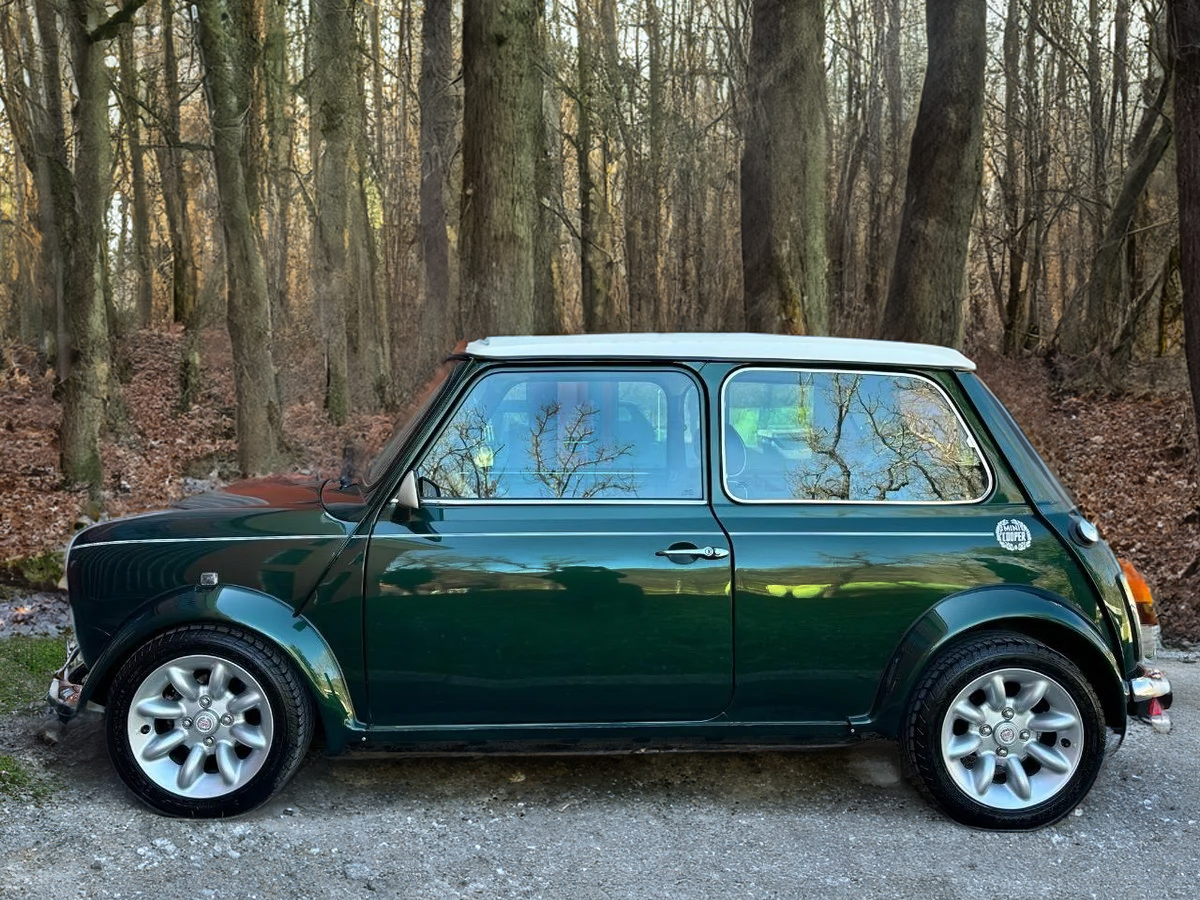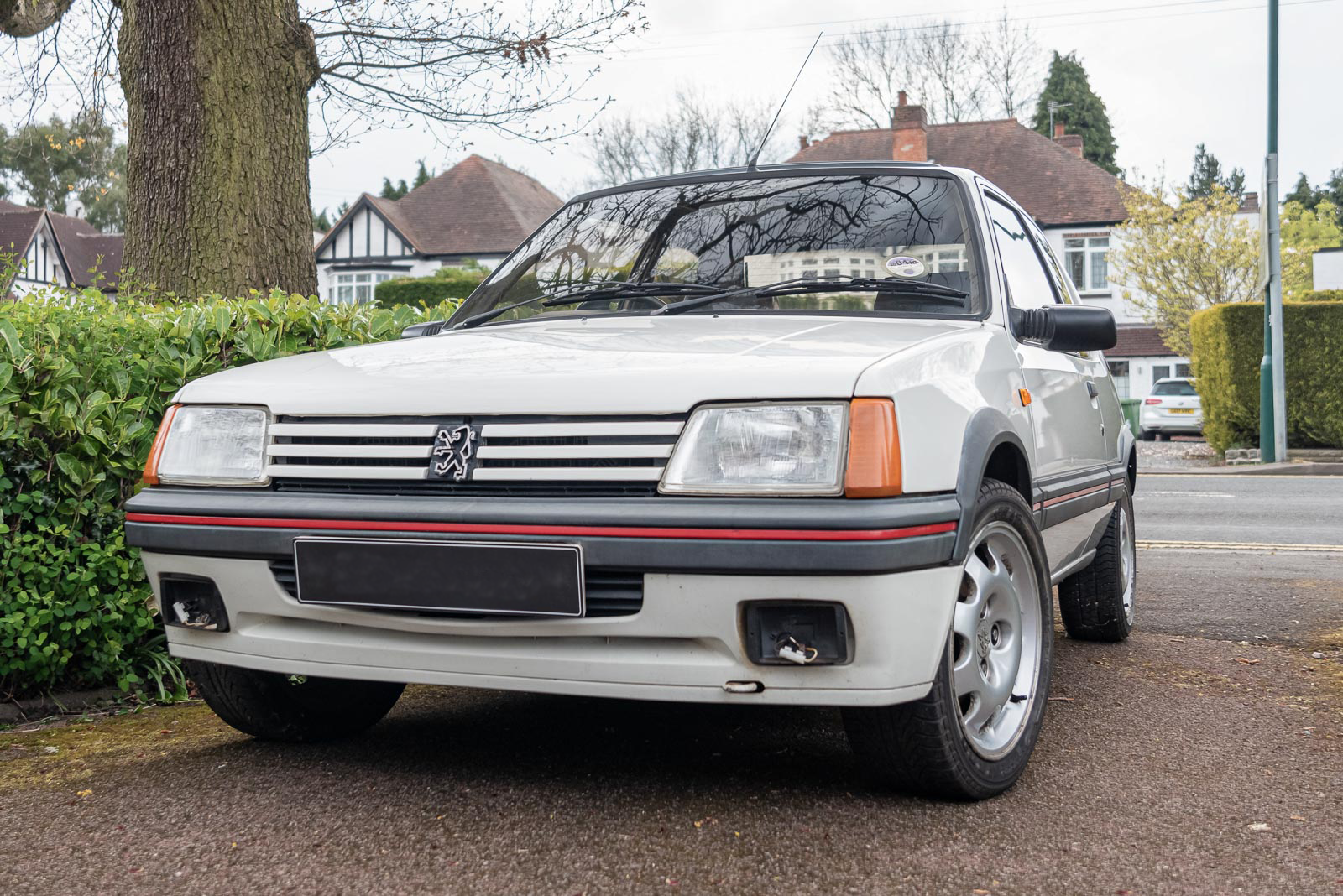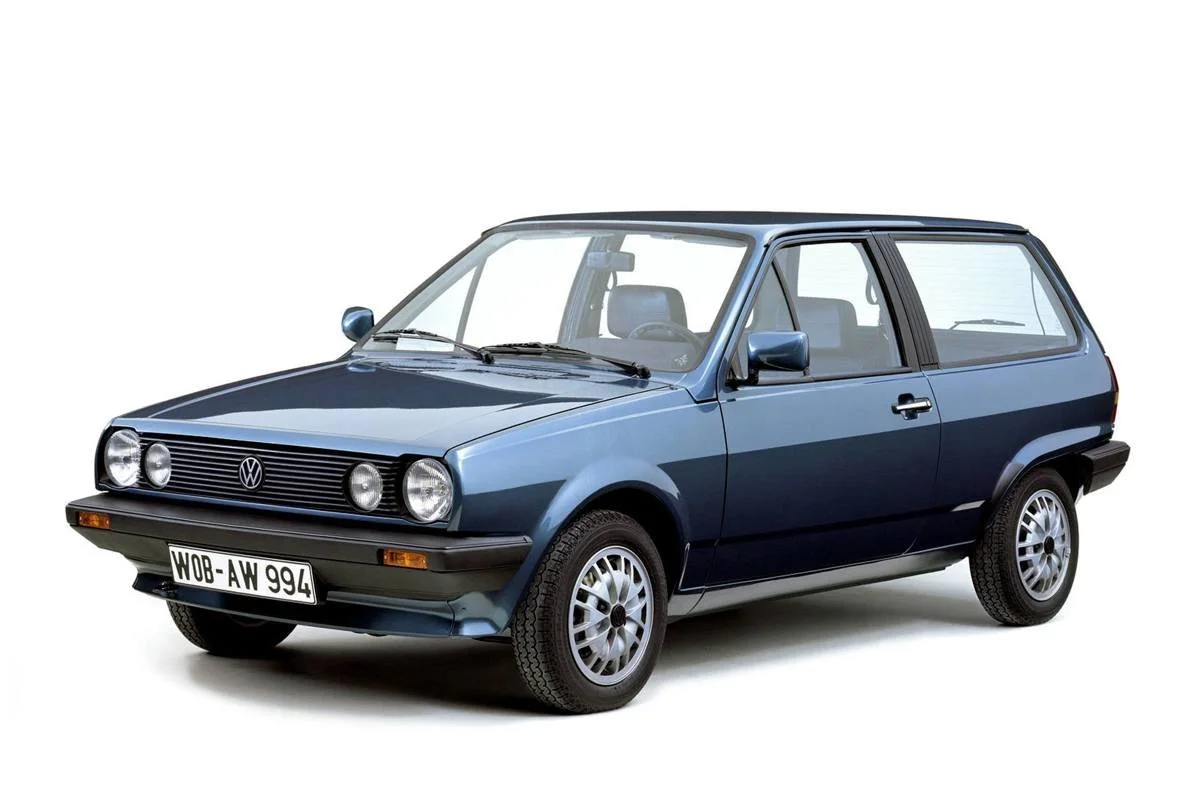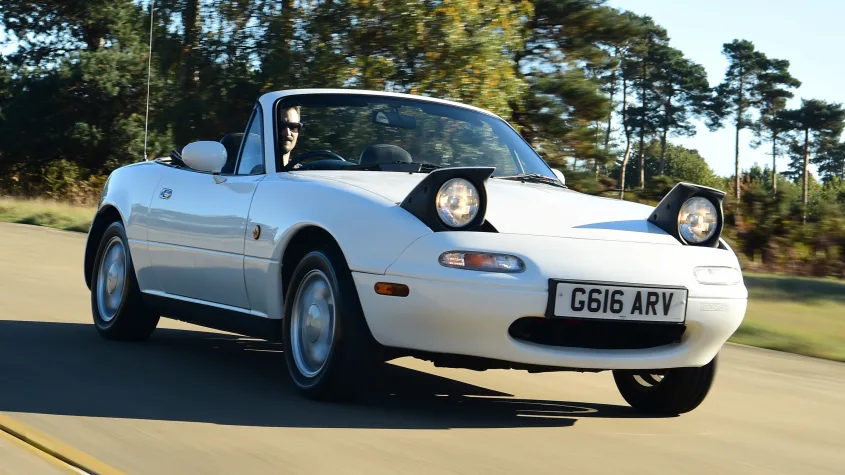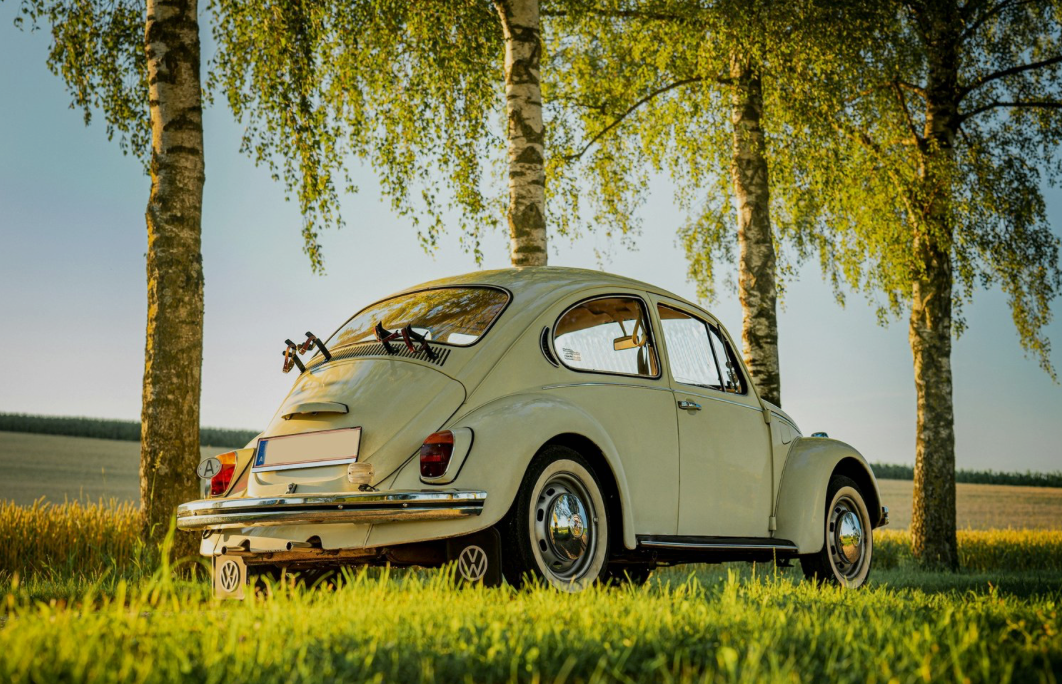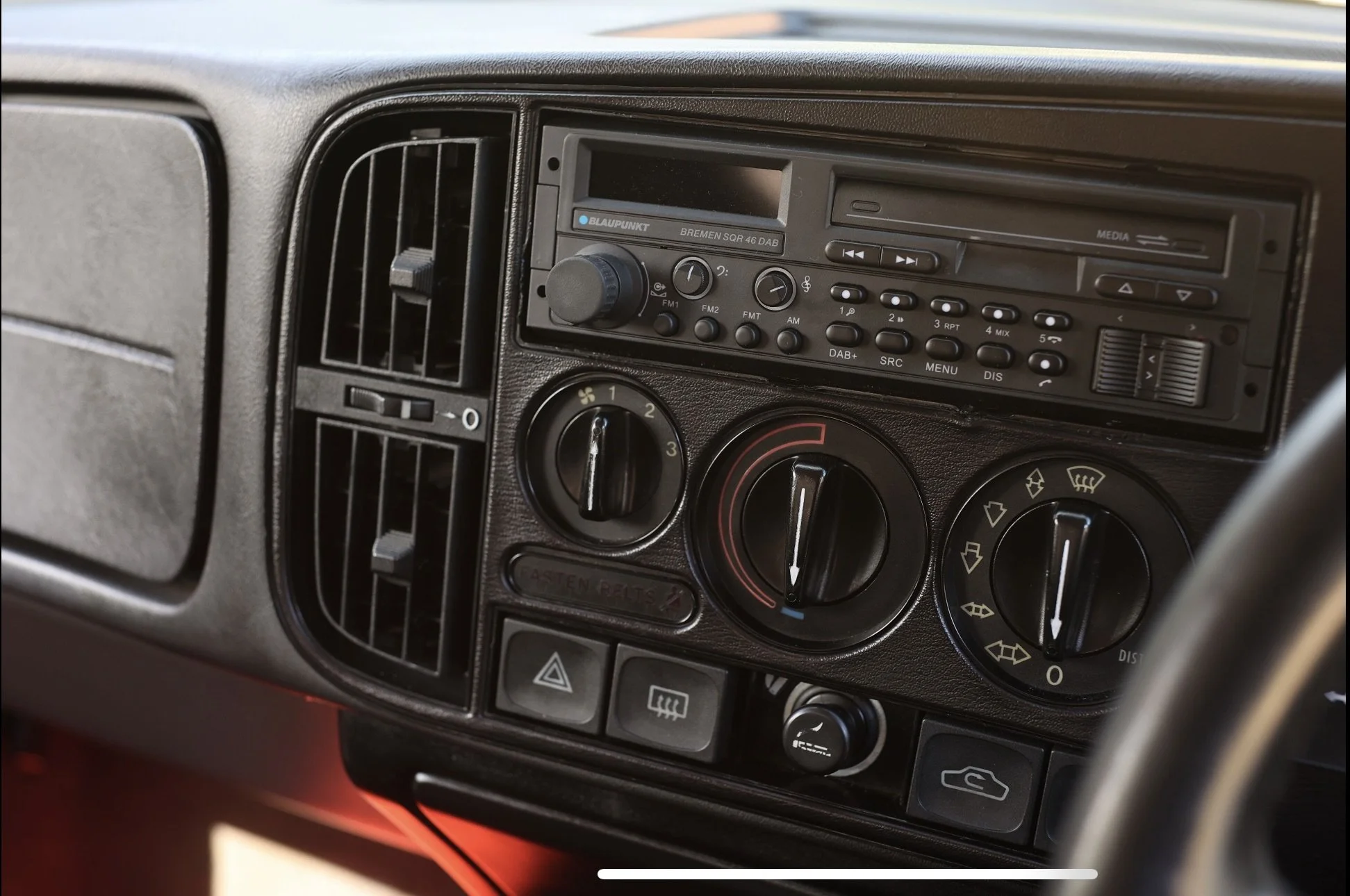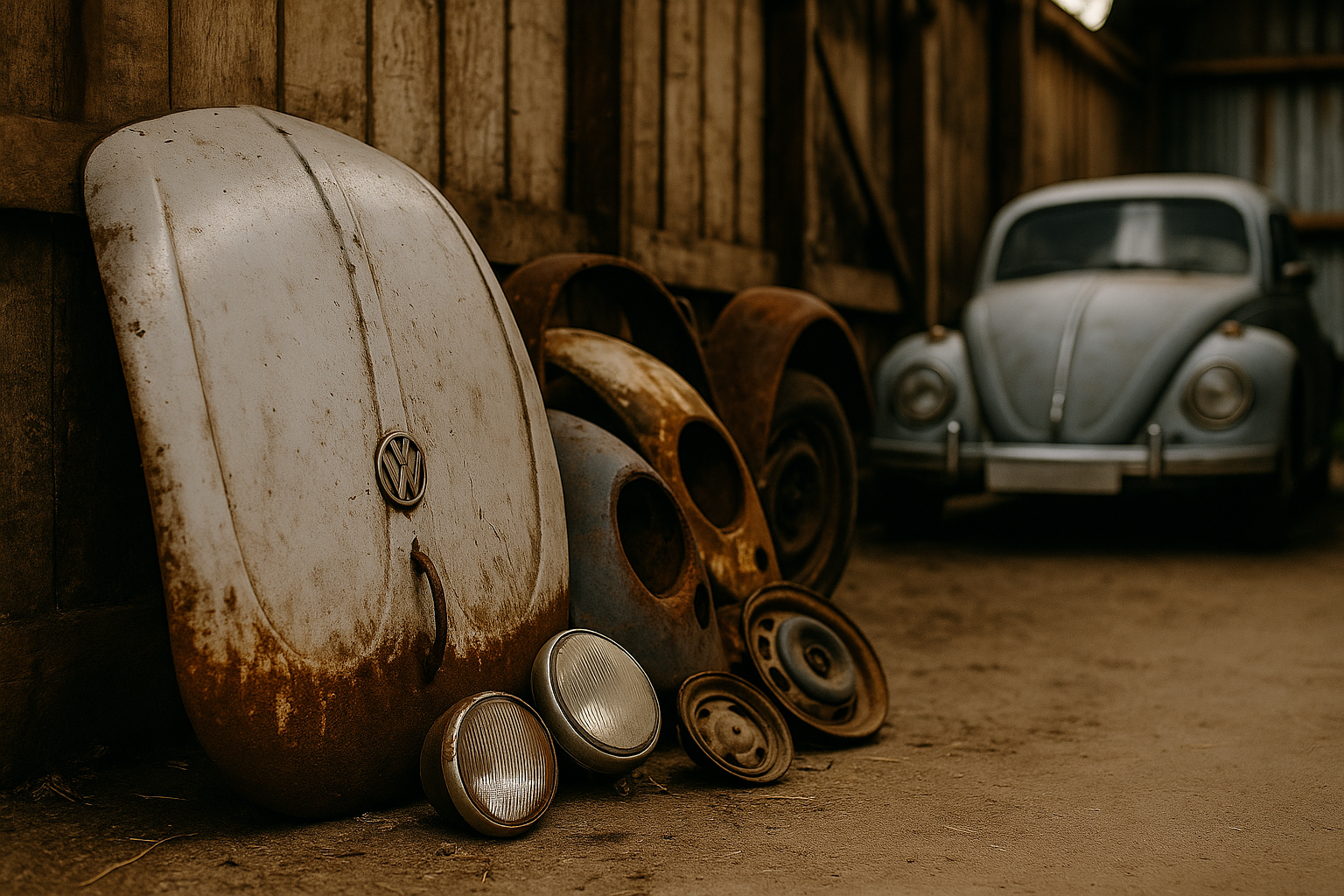Build or Buy? Restore Your First Classic Car or Get One Ready to Drive?
If you’re looking for your first classic or retro car, you’ll probably face one big decision early on:
Should you buy one that’s ready to drive, or take on a build project?
Both paths have their perks. One gets you on the road straight away. The other offers a hands-on experience you’ll never forget.
Here’s a breakdown of the pros and cons, plus our top picks for great first-time builds if you decide to get stuck in.
Option 1: Buy Ready-to-Drive
Perfect for: First-time drivers who want something classic but reliable and insurable right now.
Pros:
You’re on the road immediately
Lower stress, less surprise costs
Insurance is easier to arrange
We’ve already checked the rust, MOT, and mechanicals
Cons:
Higher upfront cost
Less room for personalisation (to start with)
You miss out on the “build it yourself” journey
Best For You If: You need something to commute, road trip, or show off now, but want a car that can grow with you later.
Option 2: Take on a Build Project
Perfect for: Hands-on learners, weekend wrenchers, or anyone who wants to build something with personality and pride.
Pros:
Lower purchase price
You’ll learn loads of mechanical skills
Full creative control (OEM, Slammed and stanced?)
A more meaningful connection to the car
Cons:
Takes time and space
Unexpected costs (rust, tools, parts)
May be harder to insure until road-ready
Can be overwhelming for total beginners without support
Best For You If: You want to build not buy, enjoy the challenge, and have access to tools, space, or mentorship.
Best First-Time Build Candidates
If you’re going down the build route, some cars are much easier to work on than others—and have big parts support and strong online communities.
Here are 5 of our favourites:
1. Classic Mini (1959–2000)
Endless aftermarket support
Massive online and club scene
Super simple mechanics
Watch for: Rust in the floors, sills, and subframes
2. Peugeot 205 (1983–1998)
Lightweight, lovable, and easy to work on
Great for daily retro builds or rally-inspired style
Watch for: Rear beam issues, crusty sills
3. VW Polo Mk2/Mk3 (1981–1999)
Solid and simple German engineering
Massive mod potential (OEM+ or slammed)
Watch for: Head gaskets and aging interiors
4. Mazda MX-5 Mk1 (1989–1997)
Huge community, bolt-on mods galore
Rust is the main enemy, but parts are plentiful
Watch for: Rotten sills and arches, leaking soft tops
5. VW Beetle (1970s–2000)
Affordable, easy to source parts
Great for first restoration or learning paintwork
Watch for: Rear arches, suspension mounts, heater channels (give us a call!)
We Can Help—Whichever Path You Choose
We don’t just sell cars. We help drivers and retro lovers start their journeys the rightway.
We offer:
Prepped, road-ready classics with insurance support
Build-grade project cars with honest advice
Sourcing, parts help, and even light restoration services
Mentorship and online support for DIYers (coming soon)
So - Buy or Build? Why Not Both?
You don’t have to choose just one. Many of our clients start with a road ready retro - and begin planning their first build on the side. Whether it’s a Mini project with your dad, or a first-car MX-5 you upgrade over time, we’ve got you.
DM us for available build candidates
Ask about our “Build Starter Packs”
Book a free consultation—we’ll help you plan it right


